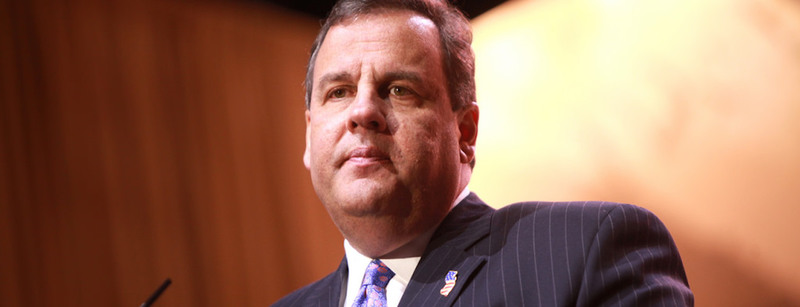Sign up for The Media Today, CJR’s daily newsletter.
New Jersey may soon become the first state to pass a bill that would reverse the mandate to print legal notices in newspapers.
The bill passed Thursday in both the state senate and assembly appropriations committees, could see a final vote as early as Monday. If passed, the measure could hit New Jersey newspapers hard at a time when several already are cutting jobs. Newspaper groups fear the move could embolden other states to take similar steps. Florida and Virginia have considered the move in years past, as have legislators in New York City, but so far no anti-print notice measure has passed.
Gov. Chris Christie’s office claims New Jersey spends more than $80 million a year on printing legal notices, and that moving them online would save taxpayer money. State media groups have questioned the accuracy of this figure and say any money saved would end up going towards setup and maintenance fees.
Some local journalists also have accused Christie of a media vendetta, using the bill to punish a state press pool that has often been tough on the governor.
Miriam Ascarelli, president of the NJ Society of Professional Journalists, sees the move primarily as a disservice to the public. “You have to think of the newspaper as the public square,” Ascarelli tells CJR. “You put the legal notice in the newspaper and everybody sees it. It’s a known place where people know to go for it. Putting these ads online only, that opens things up to hacking, which is not a trivial consideration.”
Matt Paxton, president of the National Newspaper Association, has fought similar moves in Virginia for the last 20 years. What’s saved his market, he says, is reinforcing to lawmakers that these kind of changes come with added costs. “Is the locality or somebody at the locality who posted it going to be able to attest legally that it did run? How do you know the site was up the entire time?”
What Virginia and other states have done to make sure the public is appropriately informed is to have the notice published in newspapers and on a state website maintained and paid for by the state’s press association.
On Thursday, the New Jersey Press Association offered a compromise in hopes of cutting a deal with state legislators. That proposed deal includes reducing the fee for government-paid notices by 50 percent while increasing private-paid legal notices by increases of 5 percent in 2017, 4 percent in 2018, 3 percent in 2019, and an adjustment for each of the following years based on the Consumer Price Index. Christie and his team have not issued a public response to this offer.
Meanwhile, the press association warns that if the measure passes, between 200 and 300 additional journalism jobs could be lost in the state.
Has America ever needed a media defender more than now? Help us by joining CJR today.



